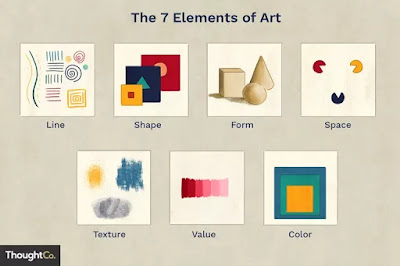Homework for Electromagnetism
Do Over exam December 3
Page 88 #1,
p 89 #2,3
Page 92 #1
Page 94 #1c
Page 95 #2
Find out about these: Electroplating and Electrolysis
This is a video explaining MAGNETIC FIELDS.
This video is in Spanish.
This is the video Ashley showed us in class.
And here is a complicated explanation of why the Earth repels the Sun's harmful rays.
I have found a place that explains VOLTS and AMPS, and a lot more about electricity. Click on CLICK HERE and you will go there. Scroll down to the bottom of the page and find out about VOLTS and AMPERES. Also, there is a timeline about the different scientists that studied electricity.








